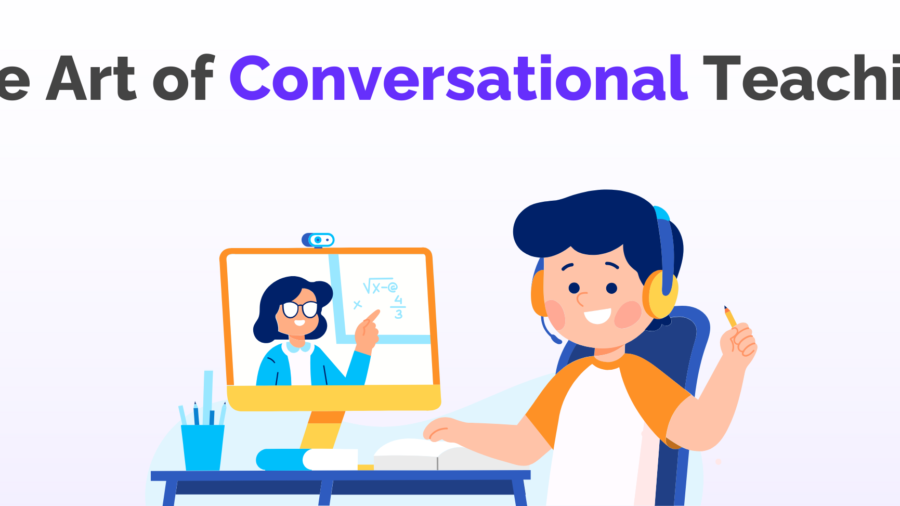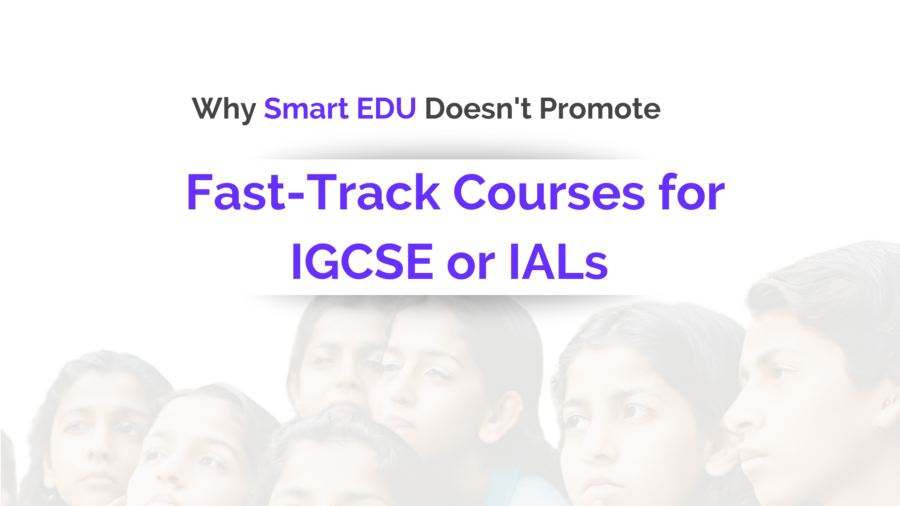At Smart EDU, we believe that the key to successful online classes lies in creating engaging and interactive learning environments.
Why Smart EDU Doesn’t Promote Fast-Track Courses for IGCSE or IALs
At Smart EDU, we have a fundamental belief about learning—it shouldn’t be rushed. We firmly believe that education should progress at a child’s own pace, allowing them to absorb knowledge meaningfully.
ICT vs Computer Science: Which Subject Should You Choose for IGCSE?
ICT and Computer Science are two closely related subjects that can be confusing for students and parents to choose between. Both subjects involve the use of computers and technology, but they have


